Workplace safety is a top priority for every business, and electrical safety plays a crucial role in maintaining a secure environment. Electrical issues can cause severe accidents, including electrical shocks, fires, and equipment damage. To reduce these risks and ensure the safety of employees and customers, businesses must rely on the expertise of qualified commercial electricians. These professionals are trained to manage and maintain electrical systems safely, preventing accidents and ensuring compliance with regulations. In this article, we explore how commercial electricians improve workplace safety and create a safer, more efficient environment.
1. Ensuring Compliance with Safety Regulations
One of the key roles of commercial electricians is ensuring that all electrical installations and systems comply with local and national safety codes. Electrical systems in commercial spaces must adhere to strict regulations to prevent hazards such as overloading circuits, faulty wiring and fire risks. By staying up-to-date with the latest codes and standards, commercial electricians help businesses meet regulatory requirements, avoid penalties, and reduce the risk of electrical accidents.
For instance, electrical wiring must be correctly installed and protected against damage, ensuring that no exposed wires or faulty connections pose a danger to workers. A qualified commercial electrician will ensure that electrical work is completed safely and complies with the latest standards set by health and safety authorities.
2. Regular Inspections and Preventative Maintenance
Regular inspections and maintenance are essential in identifying potential electrical hazards before they develop into serious problems. Commercial electricians conduct thorough inspections of electrical systems, checking for signs of wear, overheating and signs of damage. Early identification of issues such as faulty circuit breakers, corroded wiring, or overloaded systems can prevent catastrophic failures that may endanger the workplace.
Preventive maintenance is another crucial aspect of workplace safety. A commercial electrician will regularly test electrical components, such as circuit breakers and grounding systems, to ensure they are functioning correctly. This proactive approach not only reduces the likelihood of electrical emergencies but also extends the lifespan of the electrical systems, contributing to overall safety in the workplace.
3. Safe Installation of Electrical Systems
The installation of new electrical systems or the upgrading of existing systems must be handled by qualified commercial electricians to ensure safety and efficiency. Incorrect installation of electrical equipment can lead to hazardous situations, including electrical fires, short circuits, and power surges. A skilled commercial electrician will ensure that electrical components, such as wiring, lighting, and appliances, are installed safely, with proper grounding and protection against electrical faults.
Moreover, commercial electricians have the expertise to install safety features like smoke detectors, fire alarms, and emergency lighting, which are critical for ensuring a safe environment in case of emergencies.
4. Electrical System Upgrades for Enhanced Safety
As a business grows, its electrical needs evolve, and outdated systems can pose a significant safety risk. Commercial electricians are responsible for upgrading old or insufficient electrical systems to meet the demands of modern technology and equipment. Upgrades may involve replacing aging wiring, increasing the capacity of electrical panels, and installing energy-efficient systems that are safer and more reliable.
For example, upgrading lighting systems to energy-efficient LEDs or installing surge protection devices can reduce fire hazards and prevent electrical malfunctions. By upgrading electrical systems, commercial electricians help create a safer working environment and minimise the risk of electrical incidents.
5. Emergency Response and Troubleshooting
Despite regular maintenance and inspections, electrical emergencies can still occur. In these situations, having access to a reliable and skilled commercial electrician is essential for minimizing downtime and ensuring the safety of everyone in the workplace. Commercial electricians are trained to quickly diagnose and resolve electrical issues, whether it’s a power outage, short circuit, or electrical fire.
By providing fast emergency response services, commercial electricians help businesses avoid prolonged disruptions that could lead to financial losses or safety risks. Their ability to troubleshoot and address problems quickly ensures that the workplace remains safe and operational.
6. Employee Education on Electrical Safety
A key component of workplace safety is educating employees on electrical hazards and best practices. While commercial electricians are responsible for maintaining and repairing electrical systems, they can also provide training to staff on electrical safety. This includes educating employees on how to recognise electrical hazards, report issues, and use electrical equipment properly.
By promoting electrical safety awareness, businesses can reduce the likelihood of accidents caused by human error. Regular training and safety drills ensure that employees are equipped to handle electrical hazards safely, contributing to a safer workplace overall.
Conclusion
The role of commercial electricians extends far beyond the installation and repair of electrical systems. These skilled professionals are essential to improving workplace safety by ensuring compliance with safety regulations, conducting regular inspections, installing safe electrical systems, and providing emergency response services. Through their expertise, businesses can maintain a safe, efficient, and compliant working environment, protecting employees, customers, and valuable assets.
By prioritising electrical safety and working with qualified commercial electricians, businesses can prevent accidents, reduce risks and foster a secure workplace for everyone.


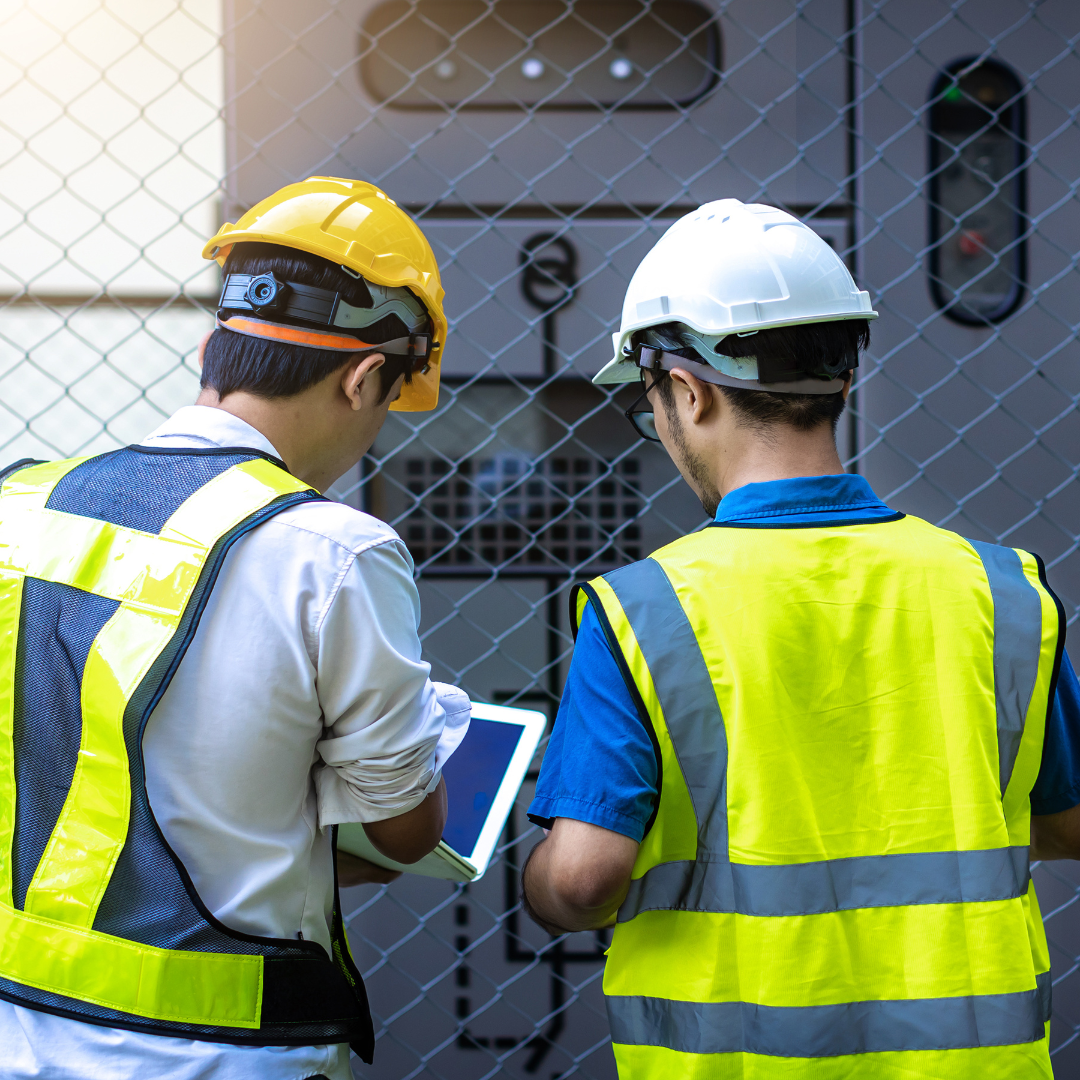
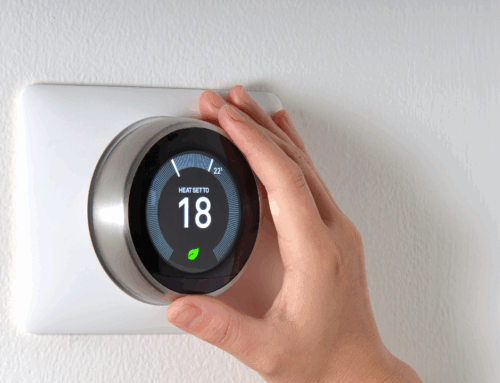
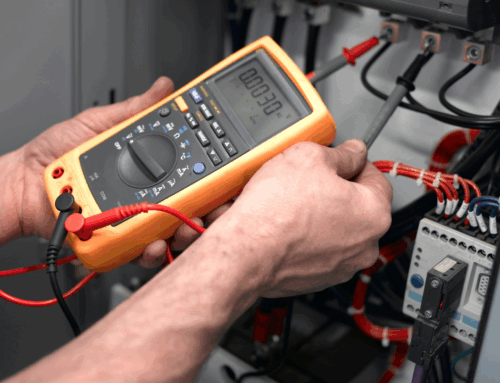
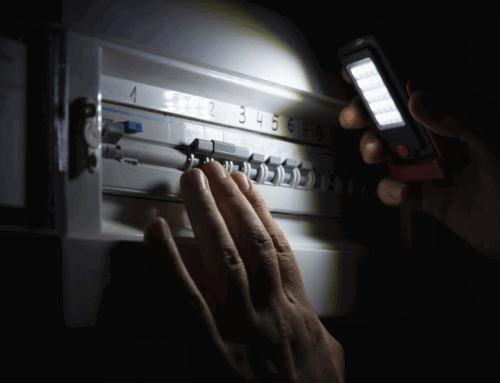
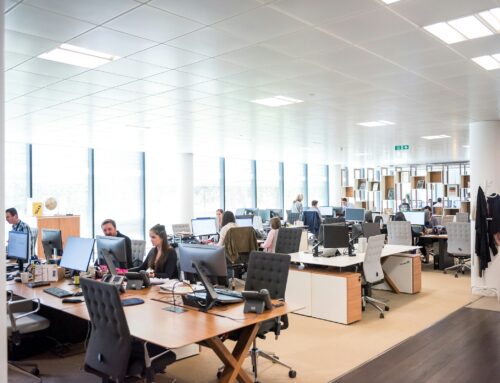
Leave A Comment